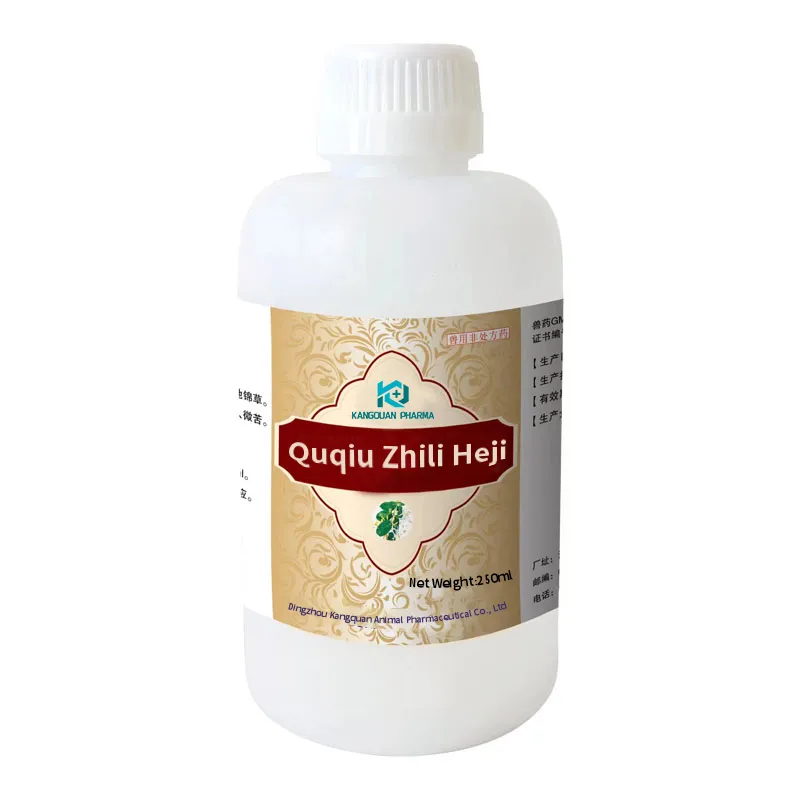- Afrikaans
- Albanian
- Amharic
- Arabic
- Armenian
- Azerbaijani
- Basque
- Belarusian
- Bengali
- Bosnian
- Bulgarian
- Catalan
- Cebuano
- Corsican
- Croatian
- Czech
- Danish
- Dutch
- English
- Esperanto
- Estonian
- Finnish
- French
- Frisian
- Galician
- Georgian
- German
- Greek
- Gujarati
- Haitian Creole
- hausa
- hawaiian
- Hebrew
- Hindi
- Miao
- Hungarian
- Icelandic
- igbo
- Indonesian
- irish
- Italian
- Japanese
- Javanese
- Kannada
- kazakh
- Khmer
- Rwandese
- Korean
- Kurdish
- Kyrgyz
- Lao
- Latin
- Latvian
- Lithuanian
- Luxembourgish
- Macedonian
- Malgashi
- Malay
- Malayalam
- Maltese
- Maori
- Marathi
- Mongolian
- Myanmar
- Nepali
- Norwegian
- Norwegian
- Occitan
- Pashto
- Persian
- Polish
- Portuguese
- Punjabi
- Romanian
- Russian
- Samoan
- Scottish Gaelic
- Serbian
- Sesotho
- Shona
- Sindhi
- Sinhala
- Slovak
- Slovenian
- Somali
- Spanish
- Sundanese
- Swahili
- Swedish
- Tagalog
- Tajik
- Tamil
- Tatar
- Telugu
- Thai
- Turkish
- Turkmen
- Ukrainian
- Urdu
- Uighur
- Uzbek
- Vietnamese
- Welsh
- Bantu
- Yiddish
- Yoruba
- Zulu
ኅዳር . 28, 2024 15:24 Back to list
Effective Disinfectants for Keeping Your Dog Kennel Clean and Safe
The Importance of Using Dog Kennel Disinfectants
When it comes to maintaining a clean and healthy environment for our canine companions, the significance of using an effective dog kennel disinfectant cannot be overstated. A well-maintained kennel not only ensures the comfort of our pets but also plays a vital role in preventing the spread of diseases. In a setting where multiple dogs are present, such as boarding facilities, shelters, or breeding kennels, the risk of contagious diseases increases without proper sanitation. This article explores the necessity of dog kennel disinfectants, their types, and best practices for use.
Why Disinfection is Crucial
Dogs, like humans, are susceptible to various illnesses, and kennels can become hotspots for harmful bacteria, viruses, and parasites. Common ailments that may spread in such environments include kennel cough, parvovirus, and giardia, among others. These infections can be distressing for both pets and their owners, and in severe cases, they can lead to long-term health issues or even fatalities.
Regular cleaning is essential, but cleaning alone is not enough. While sweeping or basic cleaning may remove dirt and debris, disinfectants are needed to kill pathogens that can linger on surfaces. By integrating an effective dog kennel disinfectant into your cleaning routine, you significantly reduce the risk of disease transmission.
Types of Dog Kennel Disinfectants
There are several types of disinfectants available on the market, each with unique properties and effectiveness against specific pathogens. Here are the most common types
1. Quaternary Ammonium Compounds (Quats) These are commonly used in many commercial disinfectants. They are effective against a range of bacteria and some viruses, making them suitable for most kennel environments. However, they may not be as effective against certain types of pathogens, so it’s important to check labels for effectiveness.
2. Bleach Solutions Sodium hypochlorite, or bleach, is a powerful disinfectant. When diluted appropriately, it can eliminate a broad spectrum of bacteria and viruses. However, it must be used with caution, as it can be harmful to sensitive skin and respiratory systems in dogs.
3. Phenolic Compounds These disinfectants are effective against viruses and bacteria but can have a residual smell that some dogs might find unpleasant. They are often used in veterinary settings and are known for their broad-spectrum efficacy.
4. Enzymatic Cleaners These products are designed to break down organic matter and can be effective in eliminating odors, urine stains, and other residue that might harbor pathogens. While not traditional disinfectants, they can be an excellent adjunct to standard disinfecting practices.
dog kennel disinfectant

Best Practices for Disinfecting Dog Kennels
To maximize the effectiveness of your dog kennel disinfectants, follow these best practices
1. Thorough Cleaning Before applying any disinfectant, ensure that the kennel is thoroughly cleaned. Remove all bedding, food, and other items, and sweep or vacuum to eliminate dust and debris.
2. Follow Instructions Always read and adhere to the manufacturer’s instructions regarding dilution rates, application methods, and contact time. Proper contact time is essential for effective disinfection.
3. Ventilation Ensure good ventilation in the kennel during and after the disinfection process to protect both the dogs and staff from potentially harmful fumes.
4. Regular Schedule Establish a routine for cleaning and disinfecting kennels. High-traffic areas may require more frequent cleaning than less frequently used spaces.
5. Personal Protection When handling disinfectants, wear gloves and protective gear to avoid skin and eye irritation.
6. Monitoring After using disinfectants, monitor your dogs for any signs of discomfort or illness. If a dog shows symptoms after disinfection, consult a veterinarian immediately.
Conclusion
Implementing effective dog kennel disinfectant practices is essential to providing a safe and healthy environment for our furry friends. By understanding the importance of disinfection, the types of products available, and how to use them effectively, kennel owners can protect their dogs from harmful pathogens and ensure their well-being. A clean kennel is not just about hygiene; it's about caring for our pets in the best way possible. Remember, a healthy dog is a happy dog!
-
Guide to Oxytetracycline Injection
NewsMar.27,2025
-
Guide to Colistin Sulphate
NewsMar.27,2025
-
Gentamicin Sulfate: Uses, Price, And Key Information
NewsMar.27,2025
-
Enrofloxacin Injection: Uses, Price, And Supplier Information
NewsMar.27,2025
-
Dexamethasone Sodium Phosphate Injection: Uses, Price, And Key Information
NewsMar.27,2025
-
Albendazole Tablet: Uses, Dosage, Cost, And Key Information
NewsMar.27,2025













